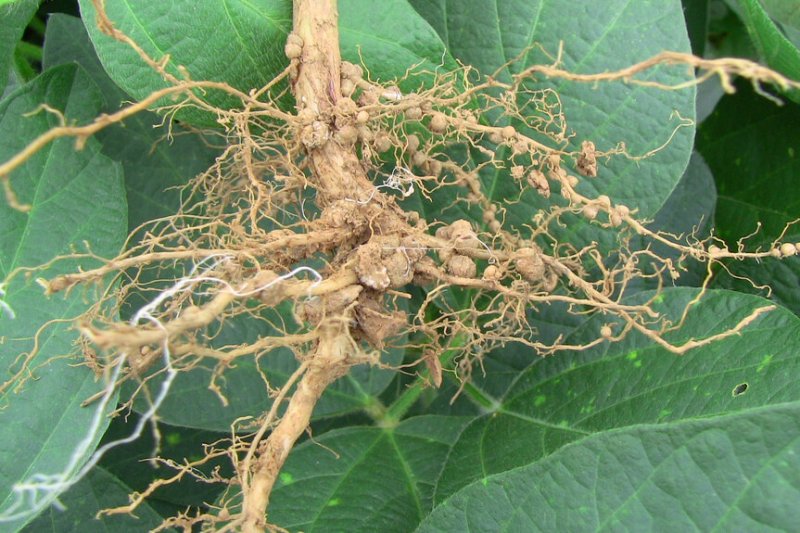In 1988, a remarkable finding illuminated a new path that agricultural scientists would soon follow in their quest to maximise crop yields. The first step was the discovery of a microbe that fixes nitrogen in the sap of sugarcane growing in Brazil. The microbe converts inert nitrogen in air to useful ammonia, explaining why sugar cane needs little nitrogen fertiliser to thrive. This was entirely unexpected; nitrogen-fixing bacteria had until then only been found in special root structures known as nodules.
…
For years plant scientists had tried without success to move these nitrogen-fixing nodules into cereal crops so they too could fix nitrogen from air and cut down on fertiliser use. Following the sugarcane discovery, researchers realised that if they could use this unusual microbe to fix nitrogen inside major food crops it would be a boon for agricultural industry.
…
Over the past decade the wider availability of DNA sequencing technology has brought to light the huge variety of bacteria within a single plant. We now know that a microbial zoo – the equivalent of the human microbiome – exists inside many different plant and tree species. And, intriguingly, the same types of microbes keep showing up.
…
A number of ‘good’ bacteria have now been linked to heightened resilience and yield in the face of drought, heat stress, salinity and plant disease. Inoculating crops with these could not only improve yields but also fight off disease without the need for chemicals or genetic modification.
Read full, original post: Plants’ bacterial zoos































